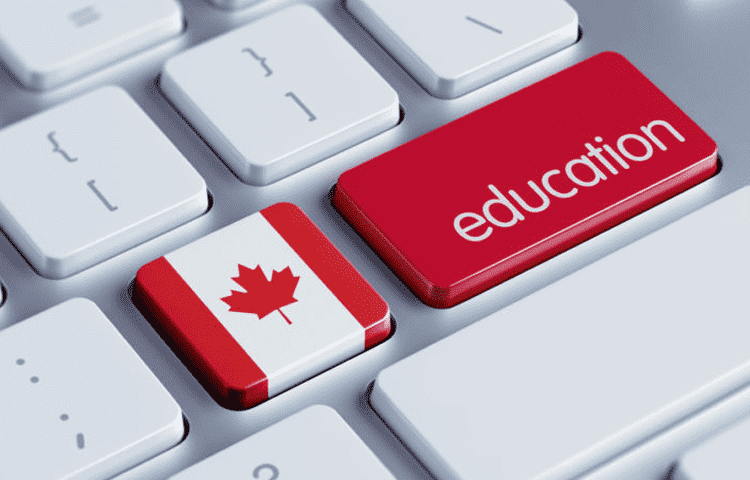
Literacy rate in Canada
In a country where basic public education is completely cost-free, individuals are bound to have a higher literacy rate compared to countries that do not follow such a structure. Students until grade 11th or 12th do not require to pay fees to enroll in a publicly funded school in the provinces of Canada do not require to pay fees to enroll in a publicly funded school in the provinces of Canada. International students, however, will be required to pay fees to receive education in a public Canadian school. The education system that is followed in Canada is similar to various other countries, it consists of, primary schooling, secondary school, and post-secondary schooling. Attendance to school is mandatory for everyone until the age of 16, with only exceptions being Ontario, New Brunswick, and Manitoba where the required age is 18.
Canadian college and university diplomas are recognized around the world, The Canadian education system heavily encourages cross-disciplinary courses such as communication and critical thinking to boost the quality of students Canadian universities produce. The Canadian education system also heavily relies on the use of technology to impart knowledge on a more holistic scale.
For international students, Canada can be a heaven destination due to the kind of courses Canadian universities offer, their heavy reliance on technological courses implements Canada as one of the leading countries in the world where technological prowess can be said to above the normal standard. Individuals wishing to get educated in Canada are free to do so in the province or part of the country. The political atmosphere of Canada also ensures a welcoming attitude towards individuals of foreign countries, as Canada and its views of the government of the country have always been friendly to the notion of ‘outsiders’.
The adult (15+) literacy rate in Canada between 2008-2014 has been at a stable 99% Total is the percentage of the population age 15 years and above who can, with understanding, read and write a short, simple statement on their everyday life. Generally, ‘literacy’ also encompasses ‘numeracy’, the ability to make simple arithmetic calculations. This indicator is calculated by dividing the number of literates aged 15 years and over by the corresponding age group population and multiplying the result by 100. With literacy rates being so high in Canada the level of IQ of an average individual can also be considered to be higher than in other parts of the world where education isn’t given the amount of importance Canada gives it.
It will come as no surprise with education being such an important topic for most governments that get elected to power in Canada, that federal spending on education is quite high and is continuing to increase. In total, education spending in Canada increased from $61.5 billion in 2012/13 to $68.1 billion in 2016/17. This represents a 10.7 percent increase in nominal spending, or $6.6 billion. This amount indicates that Canada spends 6.4 percent of its Gross Domestic Product (GDP) on bettering the quality of education the country can provide for its citizens and those wishing to apply from foreign countries.
Feel free to reach out to us for answers to your questions. You can contact our expert at +91-8595010514 or send an email to info@peerlessimmigration.com
How Peerless Immigration Services Help?
Peerless Immigration Services is a Top 10 immigration consultants in Delhi specializing in Canadian Immigration. We offer clear and transparent processes, guiding clients through every step of their application. Mrs Shivani Hitkari, Registered Canadian Immigration Consultant RCIC No. R706882 , and at the same time, Peerless Immigration works in tandem.
FAQ's
Canada boasts a literacy rate of 99% for adults aged 15 and older, indicating a highly educated population. The country’s robust education system and emphasis on accessible learning contribute to this impressive statistic.
Canada’s education system is characterized by well-developed public schooling and high standards. It ensures universal access to quality education, which plays a key role in maintaining a high literacy rate across the country.
Technology is an integral part of Canada's education system. Schools and universities use digital tools to enhance learning experiences, access educational content, and improve student engagement across various subjects.
Canada’s high literacy rate contributes to a well-trained workforce, a strong economy, and high standards of living. It enables citizens to access better job opportunities, improve their quality of life, and contribute to the nation’s social and economic growth.
Yes, the Canadian government heavily invests in education, ensuring high-quality education and equal access for all residents. Public funding supports everything from primary education to postsecondary institutions, contributing to the country’s impressive literacy rates.















